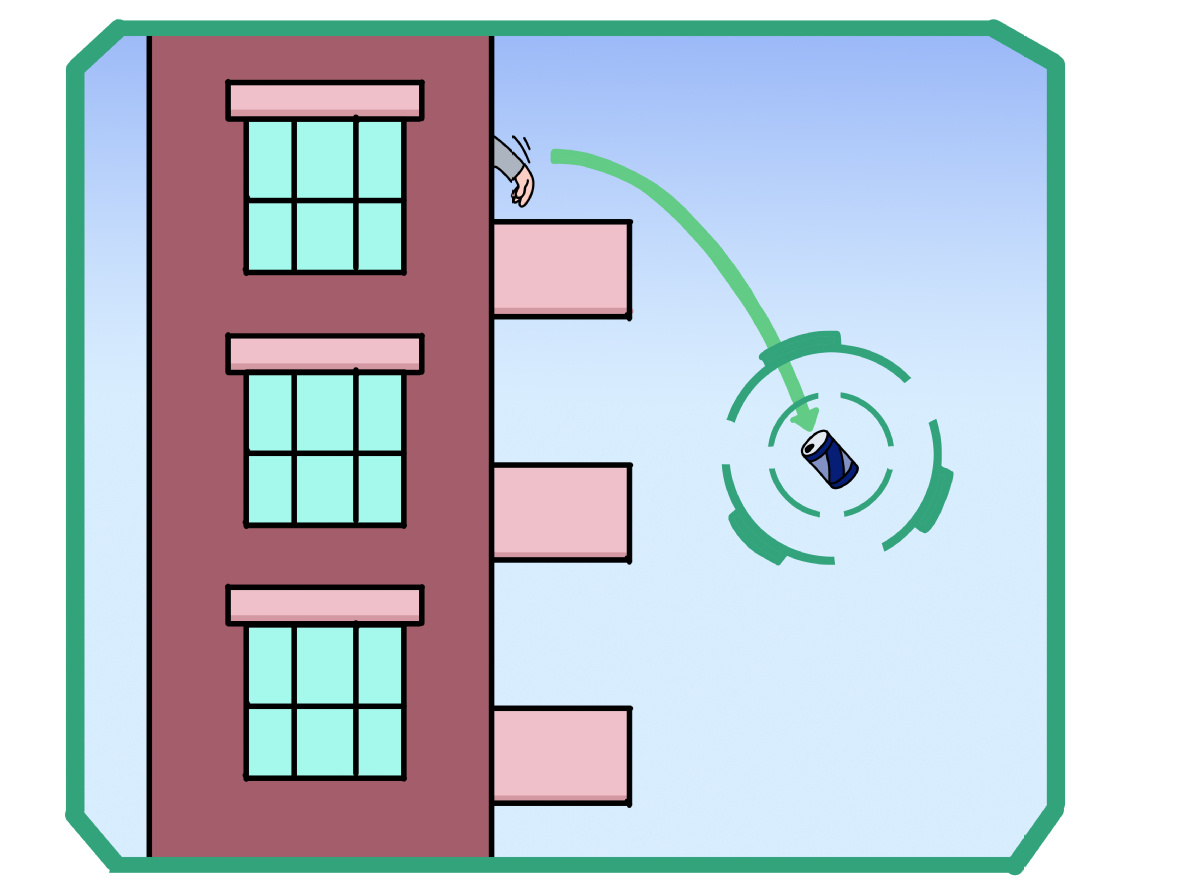
(Photo: CHINA DAILY)
About 30 households in Suining, Sichuan province, have vowed to appeal a court decision in which every household on the block was ordered to pay 3,000 yuan ($440) to compensate a family whose baby was killed by a metal ball that fell from the multistory apartment four years ago.
In November 2016, a mother surnamed Li was pushing her 12-month-old daughter in a stroller along a street in Suining when a palm-sized, metallic hand exercise ball dropped out of a nearby building and knocked the baby unconscious, according to China Central Television. The baby died in the hospital that evening.
Despite a door-to-door investigation by the police, the perpetrator was never found, and the child's parents sued everyone in the block.
Late last month, the Suining Chuanshan District People's Court ruled that after excluding vacant apartments, the 121 households in the eight-story block were culpable and each must pay 3,000 yuan in compensation to the family.
Citing Liability Law, the court said the presumption of guilt could apply to disputes over liability for damage from unidentified thrown or falling objects. Therefore, as long as the owners or occupants of the households could not prove their innocence, they are presumed to be at fault.
The decision immediately stirred public debate on Chinese social media, with some netizens saying the verdict was made too hastily and didn't bring closure to the family since the culprit is still at large. Others said it was unfair to hold all the households responsible and the police should have carried out the investigation more meticulously.
The local public safety authorities said the incident was not filed as a criminal case. Therefore, there was paperwork and protocol issues that affected their investigation.
The court stated on multiple occasions that the fine is not a punishment or proof that the households did anything wrong. Rather, it is more akin to a donation to help the family.
However, some homeowners said they cannot accept the ruling and promised to appeal.
Zhang Bo, a resident of the block who is now representing the fined households, told CCTV that he was not at home when the incident happened, so he shouldn't have to pay the fine.
"The 3,000 yuan may not be much for some people, but our block is an old building with many elderly residents, many of whom don't have jobs," he said. "From a humanitarian point of view, it is acceptable to donate some money to the family, but it shouldn't be 3,000 yuan for every household."
The court said for those who could not pay the compensation, they could apply for social welfare, but economic issues cannot be cited to waive the payment.
The court's verdict has not been executed as of this writing, and so far over 30 households are preparing to appeal.
For thrown and falling objects, China's Supreme People's Court stated in November that criminal laws can be applied if the incident was detrimental to public safety. But finding the perpetrator has always been a challenge in these types of cases.
As a result, according to the Chinese Civil Code that will go into effect starting next year, for cases in which the perpetrator is not found, building residents have to compensate the victim if they cannot prove their innocence.
If the culprit is identified after compensation between residents and the victim is settled, the residents have the right to demand reparations from the perpetrator.
Meanwhile, the Civil Code also demands public safety agencies to promptly and thoroughly investigate these kinds of cases and find the person responsible.
Yue Shenshan, a legal expert in Beijing, told CCTV that cases of falling objects are rather common. Given how the Civil Code has also listed the responsibilities of property managers, the managers could take out insurance policies to cover such damages.
On the other hand, residents should be encouraged to report any clues and evidence regarding such cases to public safety authorities, and relevant authorities should restart investigations.
"This is not just about civil compensation or liability," Yue said. "It may involve criminal actions."


